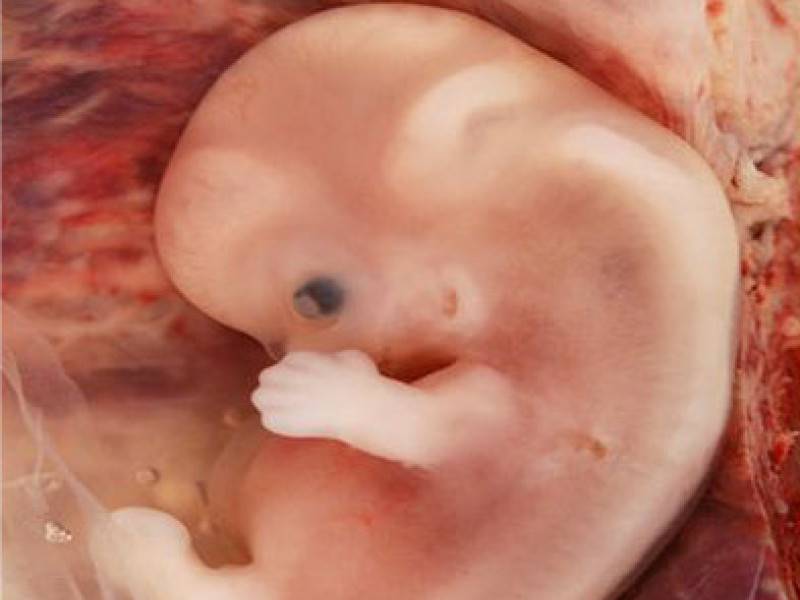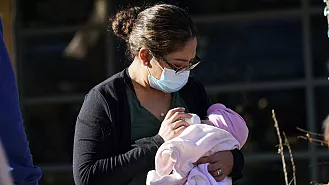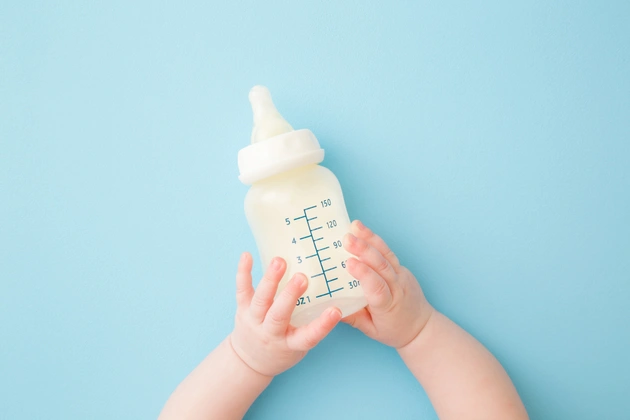Fetal development in the womb is a fascinating process that begins immediately after conception. This complex journey involves rapid growth and significant milestones that contribute to the baby’s eventual birth. The first trimester marks the beginning of crucial development stages, where the embryo forms essential organs and systems.
During the early weeks, the embryo is just a few millimeters long. However, by the end of the first trimester, it has grown to about 3 inches and has developed a heart, eyes, and basic facial features. The first trimester is essential for organ development, and any issues during this period can have lasting effects on the baby’s health.
In the second trimester, the fetus experiences significant growth. At this stage, it begins to move, and its nervous system matures. The baby’s skin becomes translucent, and fine hair starts to grow. By the end of the second trimester, the baby can respond to sounds and light, and its lungs begin to develop, although they are not fully functional yet.
The third trimester is when the baby grows most rapidly. During this time, its organs become more refined, and it gains weight. The baby’s bones harden, and it starts to store fat for energy after birth. It also practices breathing movements, although it is still receiving oxygen from the placenta. As the due date approaches, the baby moves into position for birth.
Throughout pregnancy, the mother’s body undergoes significant changes to support fetal growth. The placenta plays a vital role in providing nutrients and oxygen to the baby. Additionally, the amniotic fluid protects the fetus and allows it to move freely. These factors all contribute to the baby’s development and well-being during pregnancy.
Modern medical advancements allow for better monitoring of fetal health. Ultrasounds, blood tests, and other medical procedures help track the baby’s growth and detect any potential issues early on. By understanding the stages of fetal development, parents can gain a deeper appreciation for the miracle of life unfolding within the womb.
In conclusion, fetal development is a remarkable journey that takes place over nine months. Each trimester plays a crucial role in shaping the baby’s health and growth. Understanding this process helps expectant parents better support their baby’s development and look forward to the birth of their child.




